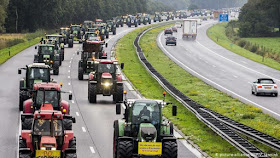 by Madeleine Kando
by Madeleine Kando
When she told me the news, I realized that she is one of the people who have known me the longest. Family doesn’t count, since they only know an obsolete version of you. But Doctors keep up with your life’s never ending transformations and transitions. She is the keeper of my body’s entire biography and now, decades later, it amounts to a bulging dossier, full of juicy details. If I was famous, she could sell my body’s dirty secrets for a ton of money to a tabloid magazine.
So here I am, without a doctor, without a gatekeeper. My body’s history floating out there, in limbo. I am supposed to transfer my records to a new doctor, a complete stranger! How do I know I can trust this person with my colonoscopies, my appendectomy, arthroscopic surgeries, MRI’s and cardiac stress tests?
I wonder if my Doctor feels guilty about dropping me like a sack of potatoes, discarded and forgotten. Did she feel bad when I sat on her varnished, faux leather chair and complained about my occipital neuralgia? She didn’t lean over and hold my hand with a pained look in her eyes. Thank God, I hear you say. Doctors are pragmatists. They are fixers, like a car mechanic. I wouldn’t expect Joe down the street to burst out in tears at the sight of my Honda’s broken timing belt. So, why am I so disturbed by the fact that my Doctor is retiring? Finding another fixer should not be such a problem.


